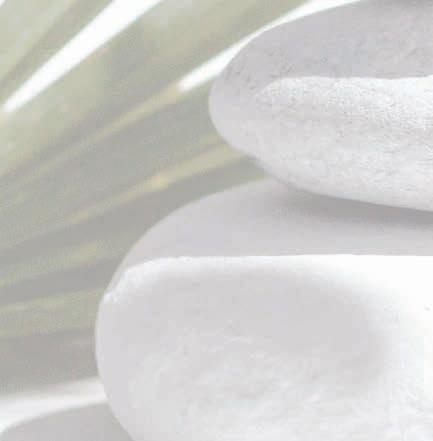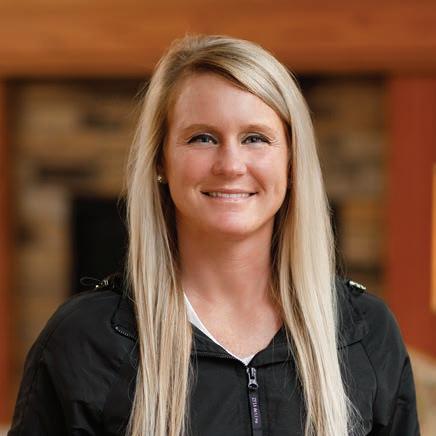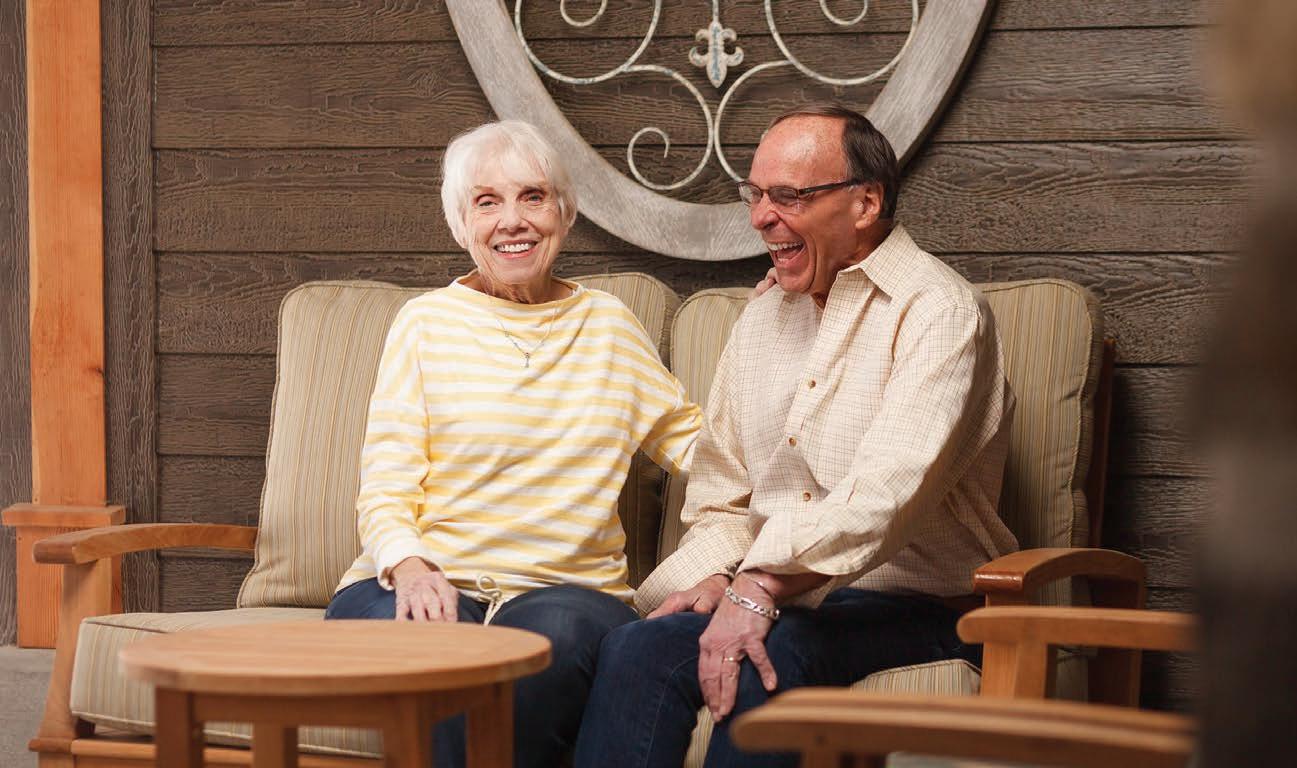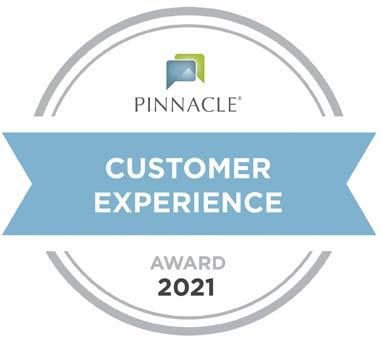
6 minute read
Living Well, Being Well

Cedar Community’s approach to LIVING WELL, BEING WELL Emotional wellbeing focuses on seven dimensions: emotional, environmental, intellectual, physical, social, spiritual, and vocational. wellbeing
Advertisement
EMOTIONAL

Recognizing, acknowledging, and expressing one’s feelings in healthy ways, and constructively managing con ict and solving problems.
ENVIRONMENTAL
Recognizing the dependence and impact one has on the natural world, caring for creation and stewarding environmental resources responsibly, and respecting one’s physical environment. When talking about wellbeing, there is more to the topic than just physical activity and healthy eating. At Cedar Community, we strive to support the seven core areas of wellbeing: emotional, environmental, intellectual, physical, social, spiritual, and vocational. We will explore these seven areas through education, programs, and resources.


INTELLECTUAL

Continually learning and exploring di erent ideas and perspectives, applying critical thinking, challenging the mind, and embracing new experiences.
PHYSICAL
Engaging sound nutrition and regular physical activity to support cardiovascular health, exibility, balance, and strength, and employing available resources to adapt to changing needs and live safely.
SOCIAL


Developing healthy relationships and friendships with others through sharing experiences, activities, or events.

SPIRITUAL
Seeking meaning and purpose in one’s life, making connections and exploring our interrelatedness, nding and appreciating beauty, and living with hope and grace.
Brighten your outlook
Bouncing back from di culties faster - resiliency - and holding on to positive emotions longer are signs of emotional wellbeing. Here are some things you can do to develop a more positive mindset: · Forgive yourself. · Remember your good deeds. · Explore your beliefs about the meaning of life.
Reduce stress
We all feel stressed from time to time. When we feel stressed for a long period of time, the e ects of that stress can be harmful. Healthy ways of coping can boost our resilience to it. · Get enough sleep. · Try relaxation methods. · Seek help.
VOCATIONAL

Pursuing meaningful and purposeful endeavors that encourage personal ful llment and contributing to the wider community.
Emotional wellbeing is de ned by the National Institute of Health (NIH) as the ability to successfully handle life’s stresses and adapt to change and di cult times. Here are some tips provided by the NIH for improving your emotional wellbeing:

MIND, BODY,
and



Alyssa Sommerfeldt
Wellbeing Specialist


Get quality sleep

Sacri cing sleep is common when we need to get something done or are very busy. This a ects our mental and physical health which are vital to our wellbeing. · Limit the use of electronics before bedtime. · Exercise regularly. · Set a sleep schedule and get up and go to bed around the same time.
Be mindful

Mindfulness encourages us to be aware of the present and all that is going on inside us. This takes practice. Try these suggestions to become more mindful. · Take a walk and enjoy the little things around you. · Practice breathing exercises: breathe deeply through your nose as you count to four, hold for one second and then exhale through your mouth as you count to ve. Repeat. · Practice mindful eating. Pay attention to each bite you take and when you feel full.
Cope with loss

There is no right or wrong way to grieve. Here are a few healthy ways to navigate your di cult journey through loss. · Take care of yourself rst, and don’t be afraid to seek professional help if you need it. · Try not to make any major changes right away after a loss. · Be patient. Mourning takes time.
Strengthen social connections
Being social doesn’t feel natural to everyone, but it may protect our emotional and physical health and lengthen our lives. Building healthy support systems can in uence our biology and wellbeing. · Take a class or share with others a hobby you enjoy. · Volunteer locally to support something that matters to you, which can even be done from the comfort of your home! · Get active and share good habits with others.
Wishing you all more positive emotional wellbeing this spring!

MIND, BODY, and SPIRIT

COMMUNITY A FAITH-FULL

Don’t fall and break your leg! That leg business happened to us in October of 2019 while we were visiting friends in northern Michigan. My wife missed a step and broke her leg. The next day, she was in surgery. Five days later, Carol was tucked into the passenger seat with pillows and blankets as we headed back to our home at Cedar Community, a home we have enjoyed since June of 2016. We moved to Cedar Community at the right time in our lives.
Even before we left the hospital in northern Michigan, the wheels were in motion at Cedar Community. Through the generosity of our many Cedar Community friends, two weeks of meals were lined up with the promise of more, if necessary, along with all the rehab equipment Carol would need. Rehab team members were alerted and ready to meet us at our front door. And the prayers–we were just overwhelmed! So many of our Cedar Community friends assured us we were on their prayer lists.
Things like this happen in a faithbased community, which is what Cedar Community’s mission is all about. When things like this happen, Cedar Community has your back, or in Carol’s case–leg. From day one, Cedar Community, a liated with the United Church of Christ, was an exercise of faith and a ministry of the church, o ering all levels of care for its residents who call this place home. It’s a place for those who need nursing care, special assistance, memory care, and those who want to live independently–all spread out on hundreds of acres of gorgeous land. Cedar Community is a place that attends to the needs and interests of the whole person whether spiritual, emotional, medical, educational, social, or physical.
Cedar Community is a community of people of all types of faith and beliefs who live together within the context of an intentional community. Martin Marty, famed church historian, has a few things to say about that. For a while there, he wrote books faster than I could read them–and I’m a pastor of the United Church of Christ! In one of them, he makes this claim, “The Christian faith does not exist apart from the community of faith.” Think about that. Some spend an hour or so a week in a faith-based community–we live in one. In a faithbased community people know each other and take care of one another. We discovered that 18 months ago when we returned home from Michigan. Pulling into our driveway, we were met with open arms by people who care about us.
Before long, we are back to our routines, singing in choirs, hitting the tness center, launching our kayaks on Big Cedar Lake, attending socials and book discussions and Diversity Committee meetings, hiking along tree-lined trails, painting in the art studio, entertaining friends, and worshipping together.







